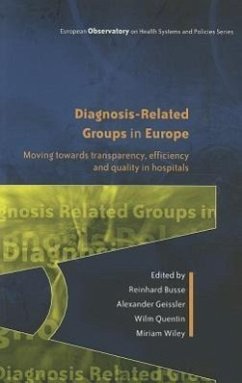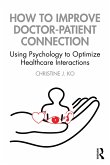Diagnosis Related Group (DRG) systems were introduced in Europe to increase the transparency of services provided by hospitals and to incentivise greater efficiency in the use of resources invested in acute hospitals. In many countries, these systems were also designed to contribute to improving - or at least protecting - the quality of care. After more than a decade of experience with using DRGs in Europe, this book considers whether the extensive use of DRGs has contributed towards achieving these objectives. Written by authors with extensive experience of these systems, this book is a product of the EuroDRG project and constitutes an important resource for health policy-makers and researchers from Europe and beyond. The book is intended to contribute to the emergence of a 'common language' that will facilitate communication between researchers and policy-makers interested in improving the functioning and resourcing of the acute hospital sector. The book includes: 1. A clearly structured introduction to the main 'building blocks' of DRG systems 2. An overview of key issues related to DRGs including their impact on efficiency, quality, unintended effects and technological innovation in health care 3. 12 country chapters - Austria, England, Estonia, Finland, France, Germany, Ireland, the Netherlands, Poland, Portugal, Spain and Sweden 4. Clearly structured and detailed information about the most important DRG system characteristics in each of these countries 5. Useful insights for countries and regions in Europe and beyond interested in introducing, extending and/ or optimising DRG systems within the hospital sector
Hinweis: Dieser Artikel kann nur an eine deutsche Lieferadresse ausgeliefert werden.
Hinweis: Dieser Artikel kann nur an eine deutsche Lieferadresse ausgeliefert werden.








